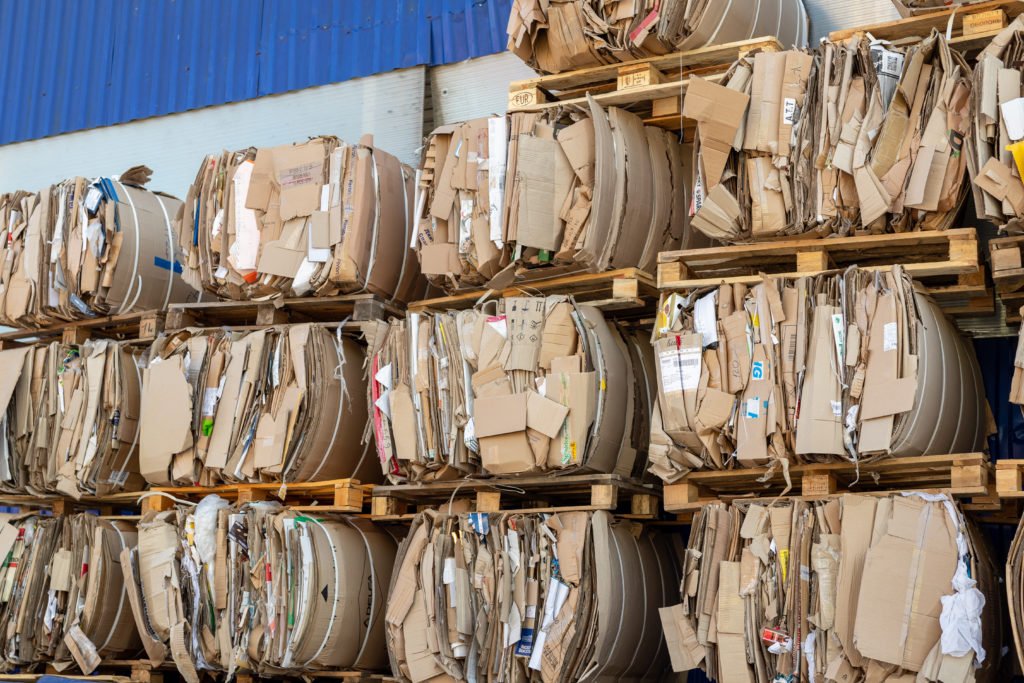The decision will be made following talks this month with the industry's trade body, the Direct Marketing Association (DMA). This will mark the beginning of the end for two years of working group discussions which were sparked when the Waste Strategy 2000 identified direct mail as an area which needed a producer responsibility initiative.
Code
The DMA is working on a code of good practice which is expected to be in place by the end of 2002. This will focus on recovering waste, rather than increasing the recycled content of the adverts themselves, because the industry believes recycled paper is not suited to laser printing and high quality production methods.
The code will make members ensure their output is easier to recover and less likely to reach people who do not want it. The DMA draft states that the amount of direct mail waste going to landfill will be reduced “by a combination of ease of recovery initiatives, recovery-friendly materials and an omission of certain contaminants from the waste stream. Ease of recovery should facilitate increased recycling such as composting [and] energy recovery.”
DMA members will also have a duty to target their direct mail by using and publicising 'suppression files' such as the Mailing Preference Service (which people register with if they do not want to receive any direct mail) and encouraging people to use local recycling schemes.
Targets
Junk mail generates 750,000 tonnes of waste each year. Much of this is suitable for re-use in high quality recycled paper. Targets for 'recovery' – which is likely to include energy recovery through combustion or other means as well as composting and recycling – will start at around 50% (10% more than the general target for recovery by 2005) but gradually get much higher.
The Government can still introduce regulation if the voluntary code is unsuccessful. But David Robottom of the DMA is confident the industry has a workable agreement. “We have got a solution which meets the Government's requirements, will minimise landfill, allows our product to be re-used by the paper mills, works well in terms of consumers and also maintains the industry's competitiveness,” he said.










Subscribe for free